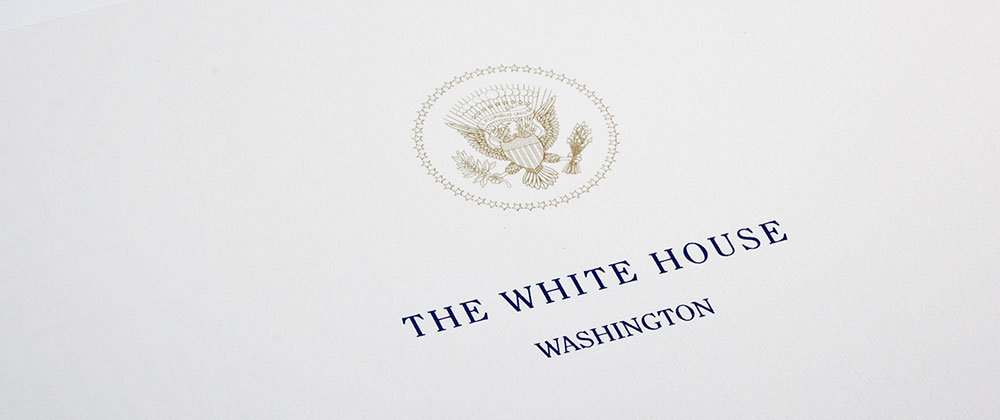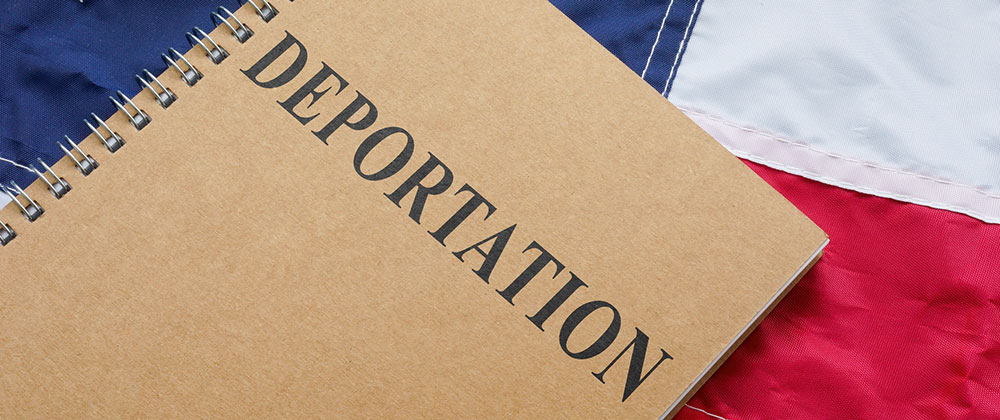The President issued an unprecedented Executive Order halting many immigrant petitions for 60 days. While immigrants living and working in the United States, as well as spouses and minor children of United States citizens will still be eligible, other immediate relatives of US citizens and foreign nationals seeking green cards based on a job offer overseas, will be subject to the Executive Order. The order does not apply to nonimmigrant visas. Because most US Consulates and many USCIS offices are currently closed because of the coronavirus pandemic, the executive order may have limited impact and appears to be more for optics than substance at this time.
Hundreds of thousands of temporary employees, including farm workers and landscapers will not be subject to the order. The order also carves out additional exemptions for so-called essential employees, including health care workers, and immigrants who come into the United States through immediate family members.
In the U.S., immigrants make up 17 percent of healthcare workers, 24 percent of direct-care workers, including the nurses and assistants, and 28 percent of high-skilled professionals in the field, including physicians and surgeons.
The order, however, sets the stage for renewal and if it continues it could potentially leave critical business employees, spouses, children and other close relatives of U.S. citizens in limbo and has no similar historical example. The order is an astounding use of executive power by Trump and is likely to draw swift legal challenges.
Last year around one million people were granted green cards. The USCIS approved 577,000 green cards for foreign nationals; the State Department issued about 460,000 immigration visas last year. The ability to obtain permanent residence is part of the Immigration & Nationality Act and its progeny. The Administration would have to compel both the USCIS and the Department of State to cease issuing immigrant visas.
Trump has spent much of his presidency pushing to restrict immigration into the U.S. The health emergency appears to be the administrations’s latest vehicle to enact enforcement measures. This restrictionist push began with the U.S. border with Mexico, and is recently seen in policies that have essentially closed the border to asylum seekers and ignores court orders and protections for underage migrants. On March 20, entry of those who cross into the country without authorization were barred which had the immediate effect of halting asylum seekers at the southern border and has led to even young children apprehended alone being quickly deported. During the past few weeks of the coronavirus crisis, U.S. border authorities have expelled 10,000 border crossers in an average of just a little more than an hour and a half each, which has effectively emptied out U.S. Border Patrol holding facilities of detainees. Of course, Trump started his Presidential campaign on the promise to build a border wall, which he has pulled significant funds. He has long sought to limit migrants from applying for asylum and overseen the separation of families who cross into the country illegally. Stopping immigration is an expansion his restrictionist travel restrictions that the administration has already imposed on most of Europe, China, Canada, Mexico and Iran.
Following the President’s tweet on Monday night, Democratic officials have accused Trump of using the pandemic as a means to justify hardline immigration policy to appease his political base. Only hours earlier Trump spoke about several states reopening their economies despite the threat of the virus.
The Executive Order to suspend all immigration is already drawing widespread condemnation and threats of lawsuits from immigration advocates. “This action is not only an attempt to divert attention away from Trump’s failure to stop the spread of the coronavirus and save lives, but an authoritarian-like move to take advantage of a crisis and advance his anti-immigrant agenda. We must come together to reject his division” tweeted US House Representative Joaquin Castro, serving the Texas district covering San Antonio and chairman of the Congressional Hispanic Caucus.
If the order lasts only sixty days and is not renewed, it may not have a huge impact. At this time, immigration has already been largely restricted as a result of the coronavirus. The border is currently closed to asylum seekers, refugee resettlement has been put on hold, the State Department’s overseas offices are closed and already stopped processing visas, and citizenship ceremonies are not being scheduled. The longer the order remains in existence, the more significant the toll as the United States emerges from cornavirus.
Although this is an unprecedented action, for those eligible for immigration benefits under the law, it is still beneficial to move forward as this will not last forever and will be challenged in court. Now is the time, more than ever, to file for naturalization.




